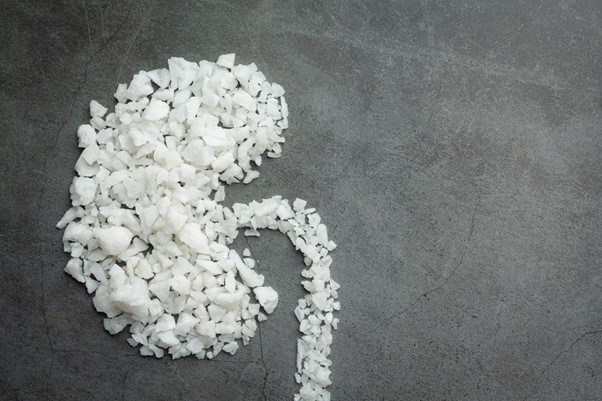RIRS, or Retrograde Intrarenal Surgery, is a modern way to treat kidney stones. This minimally invasive kidney stone treatment uses a thin, flexible scope to remove stones from the kidney. Because it is less painful and has a shorter recovery time, RIRS is becoming popular for people with kidney stones. In this blog, you will learn what RIRS is, when it is used, how it works, its benefits, risks, and how to recover well.
What is RIRS?
RIRS stands for Retrograde Intrarenal Surgery. It is a procedure that removes kidney stones using a special scope called a flexible ureteroscope. The doctor passes this scope through the urine passage (urethra) and bladder, then up into the kidney. Unlike open surgery, RIRS does not need any cuts on the skin. Instead, it uses natural body openings. As a result, this method is gentle and safe for most patients.
Indications for RIRS
Doctors recommend RIRS in certain cases. For example, it is used when:Kidney stones are small to medium in size (usually less than 2 cm).Stones are located in hard-to-reach areas of the kidney.Other treatments, like shock wave therapy, have not worked.Patients cannot undergo open or keyhole surgery due to health reasons.There are multiple stones or stones in both kidneys.
Because RIRS is safe and effective, many doctors choose it for suitable patients.
How RIRS is Performed
The RIRS procedure follows a few simple steps:First, the patient receives anesthesia to avoid pain during the procedure.Next, the doctor gently inserts a thin, flexible scope through the urine passage and bladder.Then, the scope moves up into the kidney, where the stones are located.After that, the doctor uses a laser to break the stones into tiny pieces.Finally, these pieces are removed or left to pass naturally in urine.
Usually, the whole process takes about one to two hours. Most patients can go home the next day.
Benefits of RIRS
RIRS offers many advantages over traditional treatments. Some key benefits include:No cuts or stitches, so there is less pain.Shorter hospital stay and faster recovery time.Lower risk of infection and bleeding.Can treat stones in difficult locations.Suitable for patients who cannot have open surgery.
Because of these benefits, RIRS is now a preferred choice for many doctors and patients.
Risks and Possible Complications
Although RIRS is safe, some risks can occur. Common side effects include:Burning or pain while passing urine.Blood in urine for a few days.Fever or mild infection.Rarely, injury to the urine passage or kidney.
However, most side effects are mild and go away with simple care. Doctors may give antibiotics to prevent infection. If you notice severe pain, high fever, or heavy bleeding, contact your doctor right away. According to the National Institutes of Health, serious problems are rare with RIRS.
Recovery and Aftercare
After RIRS, most people recover quickly. Still, it is important to follow your doctor’s advice. Here are some aftercare tips:Drink plenty of water to help flush out stone fragments.Take medicines as prescribed, including painkillers and antibiotics.Avoid heavy lifting or strenuous exercise for a few days.Watch for signs of infection, such as fever or chills.Attend follow-up visits as scheduled.
Usually, people can return to normal activities within a week. However, recovery time may vary for each person.
Prevention of Kidney Stones
Preventing kidney stones is possible with some simple steps. For example, you can:Drink at least 8–10 glasses of water daily.Limit salt and animal protein in your diet.Eat more fruits and vegetables.Stay active and maintain a healthy weight.Follow your doctor’s advice if you have a history of stones.
Because kidney stones can come back, these habits are important for long-term health. The CDC also recommends regular check-ups if you are at risk.
In summary, RIRS is a safe and effective way to treat kidney stones. It offers many benefits and a quick recovery. If you have kidney stones or want to know more about RIRS, consult a specialist for personalized guidance on RIRS and kidney stone management.

